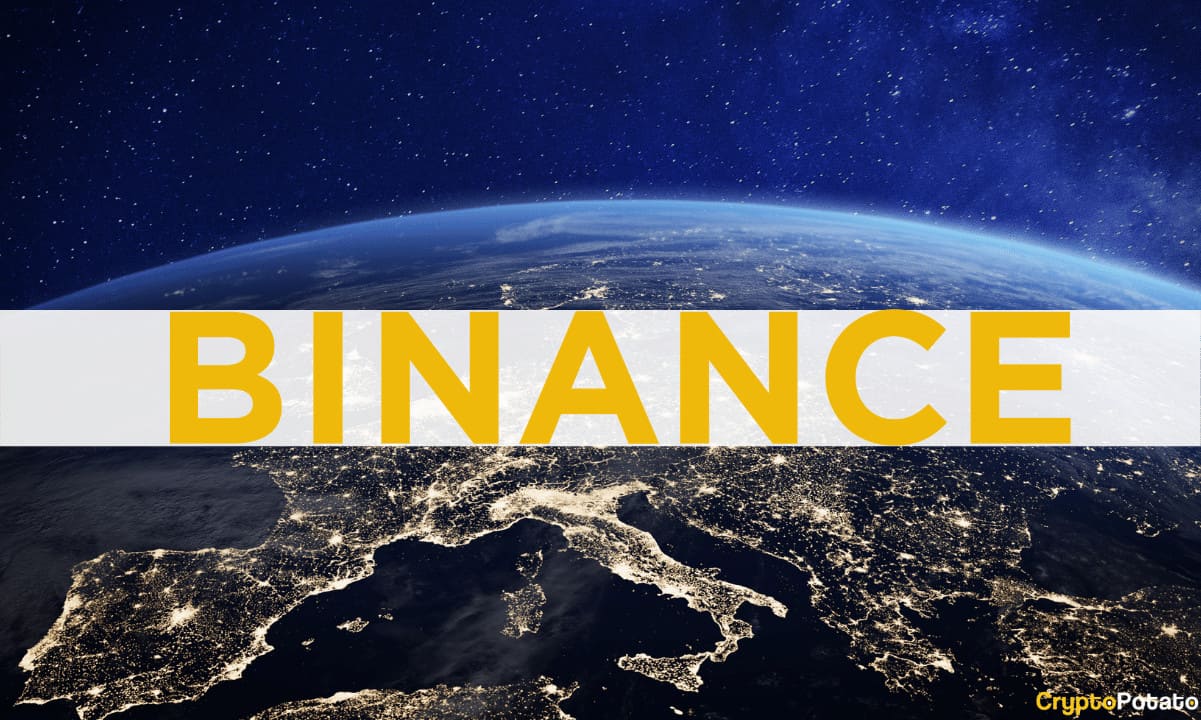
Marina Parthuisot, Binance’s French legal director, stated that due to the upcoming MiCA bill that has not yet approved any stablecoins, Binance is planning to delist all such assets in Europe on June 30, 2024.
However, Changpeng Zhao (CZ), the CEO of Binance, has responded to this statement on X, saying that it may have been taken out of context.
Zhao Clarifies FUD on Delisting Stablecoins
According to Parthuisot, new European Union regulations set to be implemented in a few months could lead to a significant delisting of stablecoins. MiCA regulations have some gray areas concerning how they will apply to decentralized and foreign issuers. Officials from the European Banking Authority (EBA) have emphasized that there will be no grace period for coins already in the market.
MiCA was finalized in June and is poised to establish the EU as the first major jurisdiction with comprehensive crypto regulation. That will allow exchanges and wallet providers to operate across the EU with a single license. The provisions regarding stablecoins, which are cryptocurrencies linked to other assets like fiat currency or gold, are slated to take effect in June 2024.
Parthuisot mentioned earlier in an online hearing hosted by the EBA that they are heading towards delisting all stablecoins in Europe on June 30, as no project has yet received approval. She noted that this could significantly impact the European market compared to the rest of the world.
In response to a social media post about the story, Zhao mentioned that the company has partners launching EUR and other stablecoins. He also suggested that Parthuisot’s comments were taken out of context.
4.
It was a question taken out of context.
In fact, we have a couple of partners launching EUR and other stable coins, in fully compliant manners of course.
— CZ 🔶 Binance (@cz_binance) September 21, 2023
Stablecoin Issuers’ Struggle for Compliance
Meanwhile, Zhao has praised the clear rules introduced by MiCA, but the regulatory pressure has led the exchange to withdraw from several European jurisdictions. Other stakeholders in the industry are grappling with provisions that require issuers to be EU-based undertakings. This term could potentially exclude innovative governance models preferred by many blockchain foundations.
Thomas Vogel, a partner at law firm Latham & Watkins, highlighted the challenge for stablecoin issuers, many of whom aim to operate completely decentralized without a centralized point of decision or issuance. That could pose difficulties in meeting MiCA’s requirements, and there is a lack of clear guidance on this issue.
Ian O’Mara, a partner at Matheson law firm, suggested that the rules might allow foreign issuers to register through a crypto provider based within the EU, potentially avoiding fragmentation of major international initiatives like Circle’s USDC.
This article first appeared at CryptoPotato

